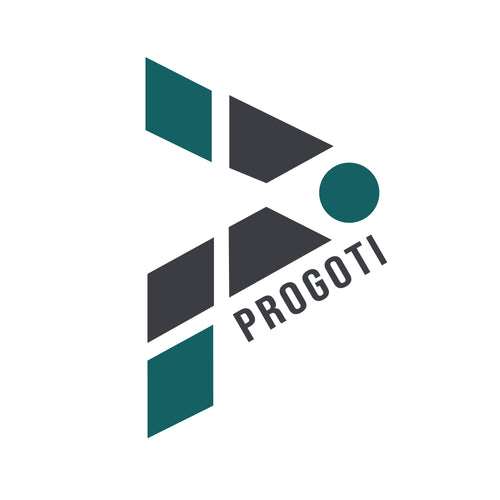International aid has become a powerful vehicle for addressing global inequality. But when social codes and cultural nuances are radically different, the conventional international aid model has proven insufficient to allocate resources effectively. Many countries are held in patterns of dependence with the very organizations working on their behalf. Progoti’s founder, Nurjahan Begum, saw this problem from within the aid sector. Out of this experience, Progoti was borne.
International Development Organizations have brought critical attention to many social, political, and humanitarian issues around the world, and also brought about important systems of accountability for the distribution of funds and resources. But many organizations today suffer from a lack of proximity and socioeconomic attuning to the communities that they seek to help. The result is too often an inadequate system where it remains unclear if aid is successfully supporting its intended recipients.
There have been repeated calls for a more grassroots, small-scale approach to international aid. Progoti’s socially progressive model is one compelling option because support is direct, committed, and oriented to the long-term betterment of the individuals it is geared towards. Retirement benefits are a specific and foundational need of workers in the garment industry, and we provide them on the basis of strong relationships of trust and reciprocity between Progoti and garment workers, partner factories, and customers. While the spirit of a more equal world may guide a diversity of types of aid, it is grass-roots, social entrepreneurship that seems best poised to deliver lasting results in this context.
